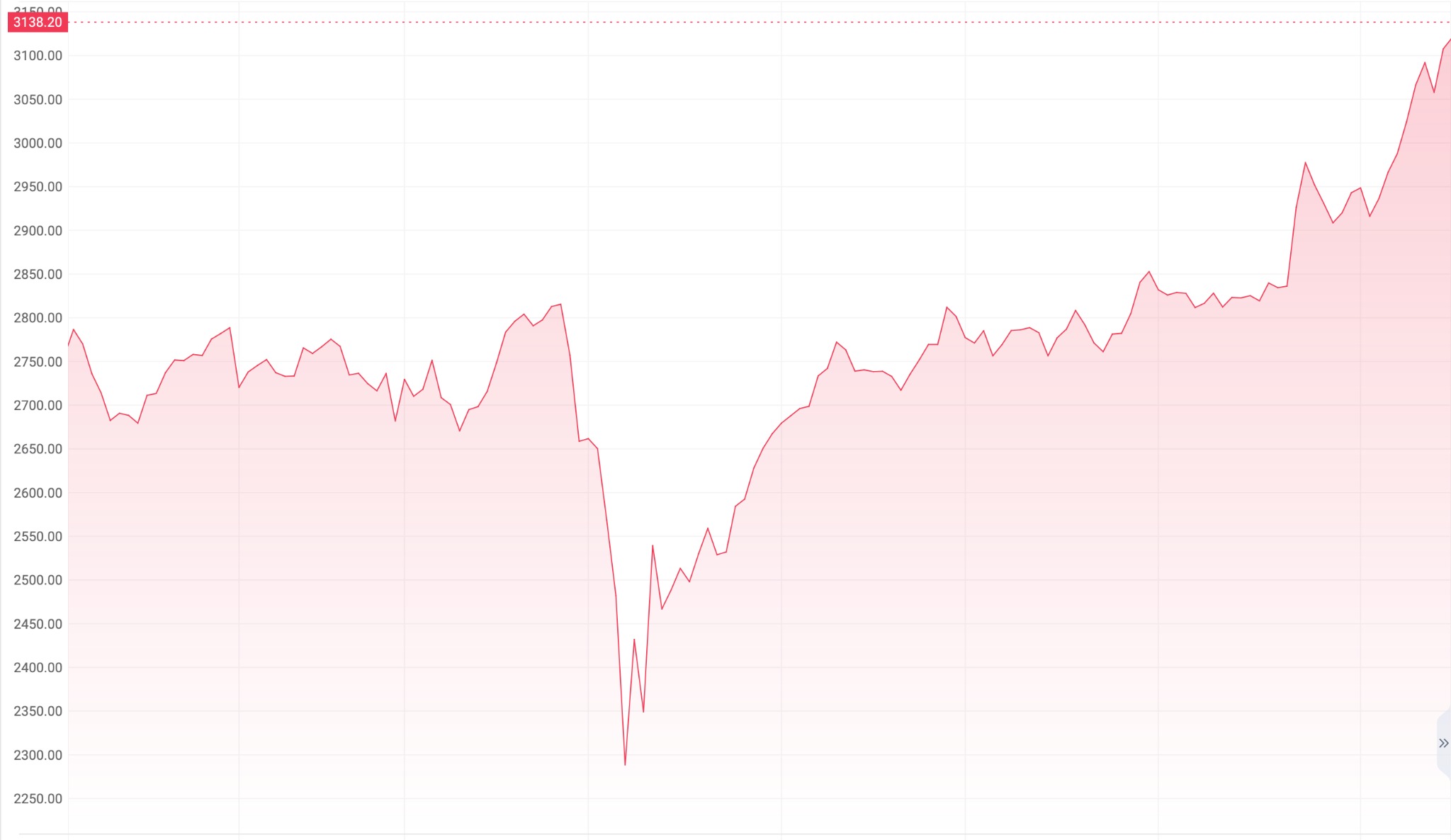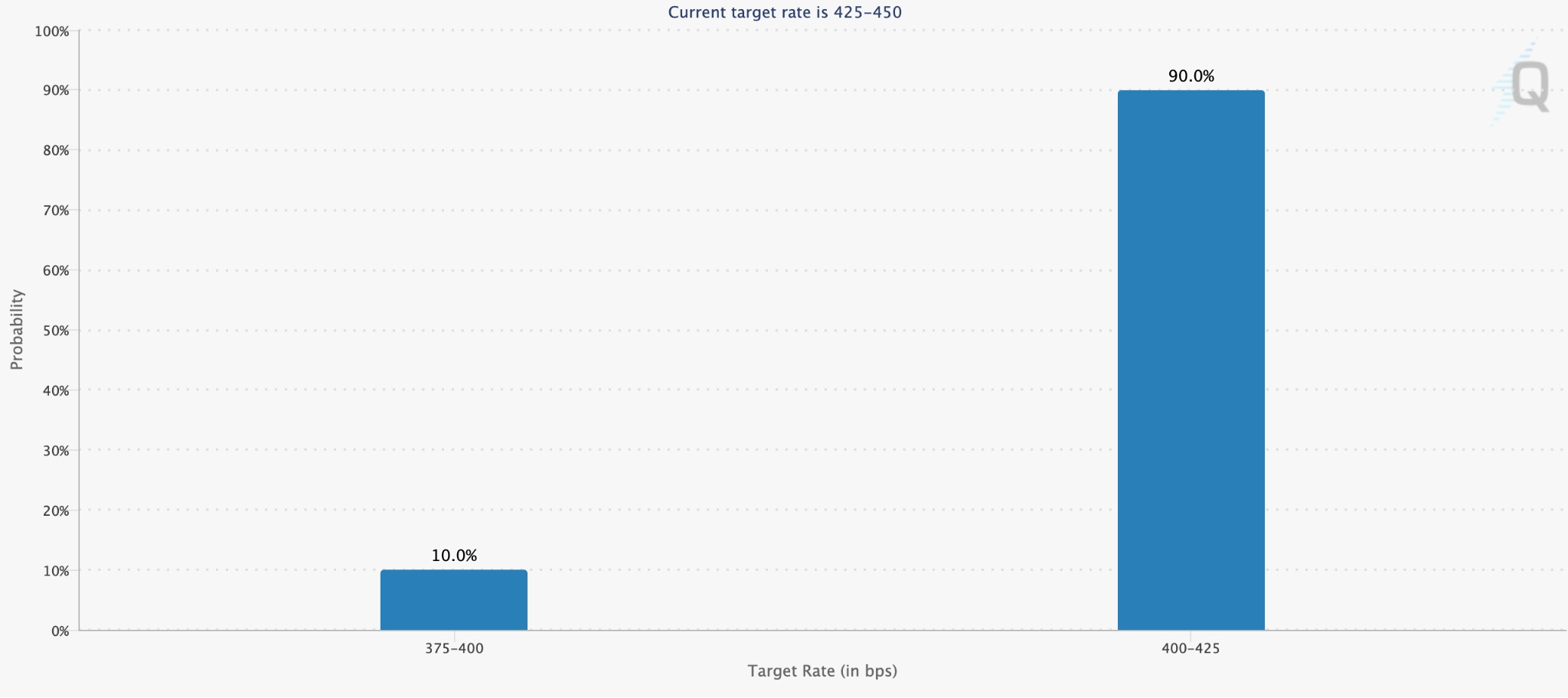Japan PM Ishiba Resigns, Yet Equities Rally — What’s Driving the Market?
TradingKey – On Sunday, Japanese Prime Minister Shigeru Ishiba unexpectedly announced his resignation. Despite the political shock, the Nikkei 225 surged, closing at 43,643 points — up more than 1.4%, after climbing as much as 1.88% intraday. The broader TOPIX also hit a record high, underscoring a broad-based revival in investor confidence.

[TOPIX Index Chart Source: Futu]
Domestic Drivers
At around 6 p.m. local time on September 7, Ishiba, who also heads the ruling Liberal Democratic Party (LDP), held an emergency press conference at the Prime Minister’s Office, stating that he would step down to avoid “intra-party division.” The heightened political uncertainty triggered yen depreciation, which in turn could boost Japan’s export competitiveness.
The LDP quickly convened a special meeting to discuss a leadership election. Analysts at Morgan Stanley MUFG Securities noted that if Sanae Takaichi emerges as Ishiba’s successor, Japanese equities could benefit, as she is expected to favor fiscal expansion.
Adding further support, on September 4, the White House announced that President Donald Trump had signed an executive order to formally implement the U.S.–Japan trade agreement. Under the accord, the U.S. will impose a 15% base tariff on nearly all Japanese imports. Goods already subject to higher tariffs will not face double taxation, while those previously taxed below 15% will be adjusted upward. At the same time, certain sectors — including autos and auto parts, aerospace products, generic pharmaceuticals, and critical natural resources unavailable domestically — will receive industry-specific treatment.
External Drivers
Weakness in U.S. labor data added to the rally. The August nonfarm payrolls report showed just 22,000 new jobs, far below expectations, with the unemployment rate climbing to 4.3%, a multi-year high. Following the release, markets sharply increased bets on a September Fed rate cut, with CME Group data showing expectations reaching 100%. Rising rate cut expectations provided a clear tailwind for Asia-Pacific equities.

[September FED interest rate cut probability bet Source: CMEgroup]
Looking back, foreign capital has already been rotating into Japan. In late August, Berkshire Hathaway disclosed that it had further increased its exposure to Japanese markets, reinforcing confidence in the long-term bullish outlook. That announcement helped the Nikkei close up 0.73% at the time, signaling sustained conviction from major global investors.



